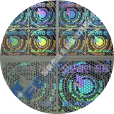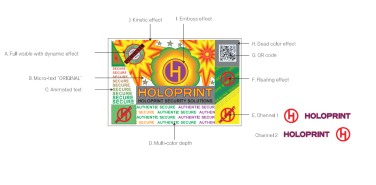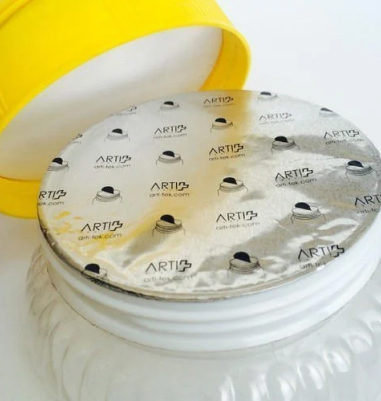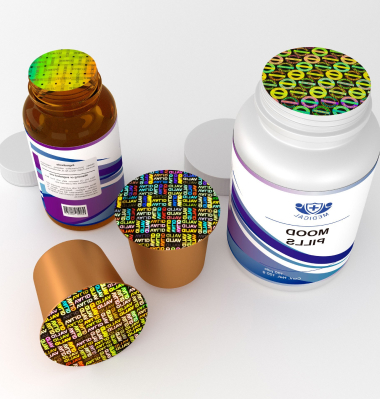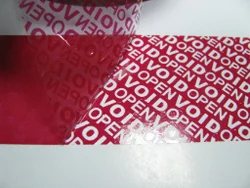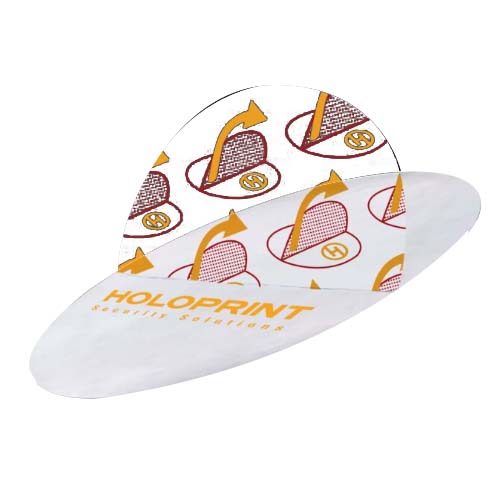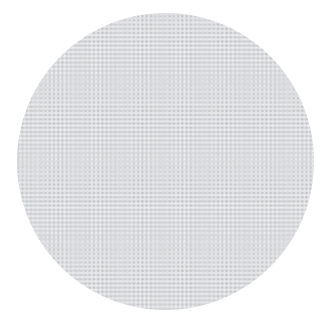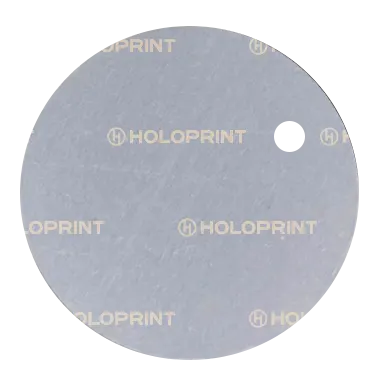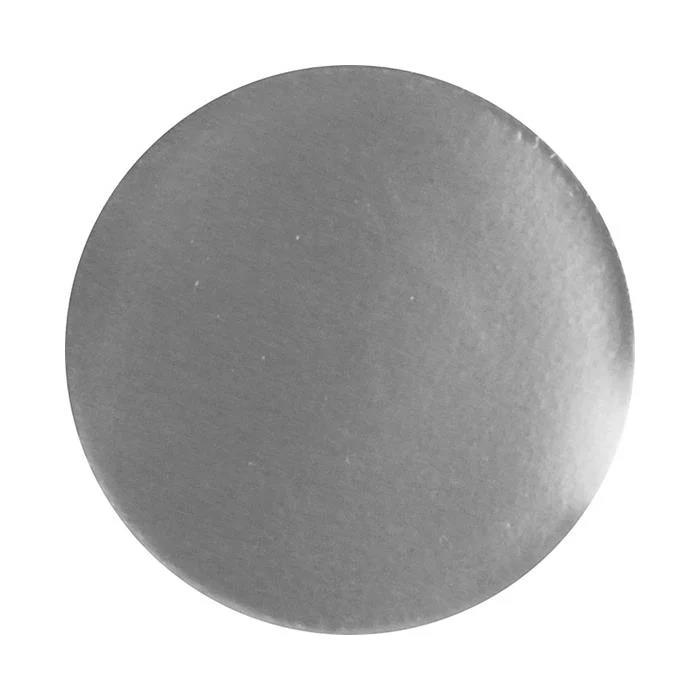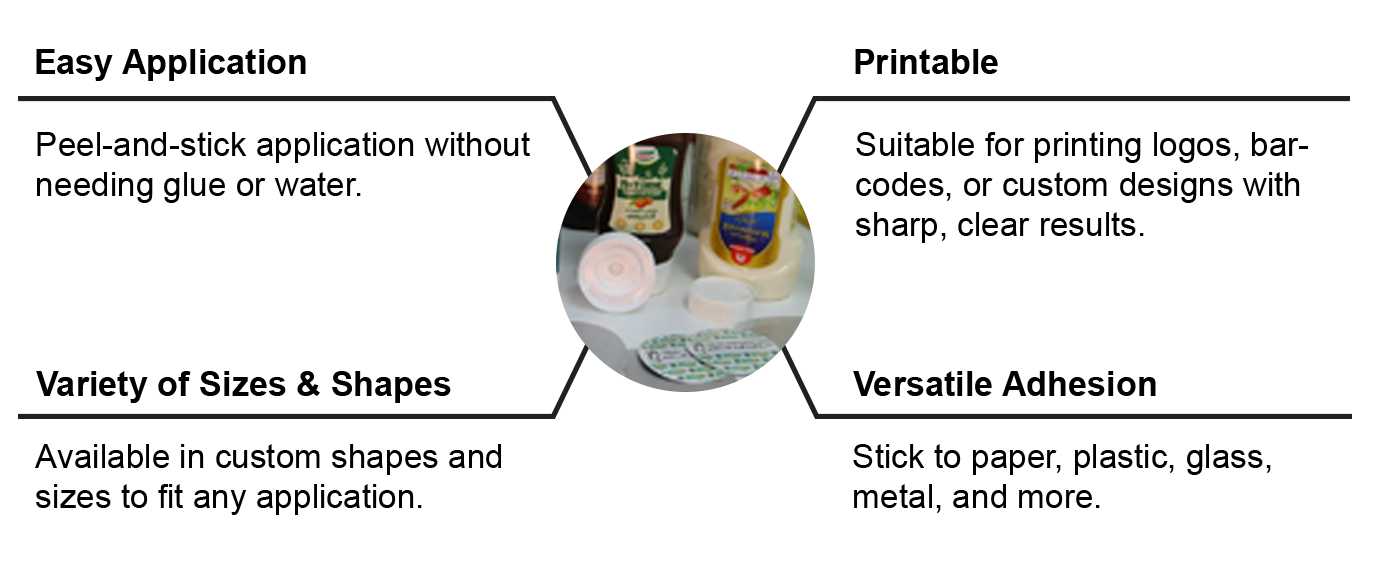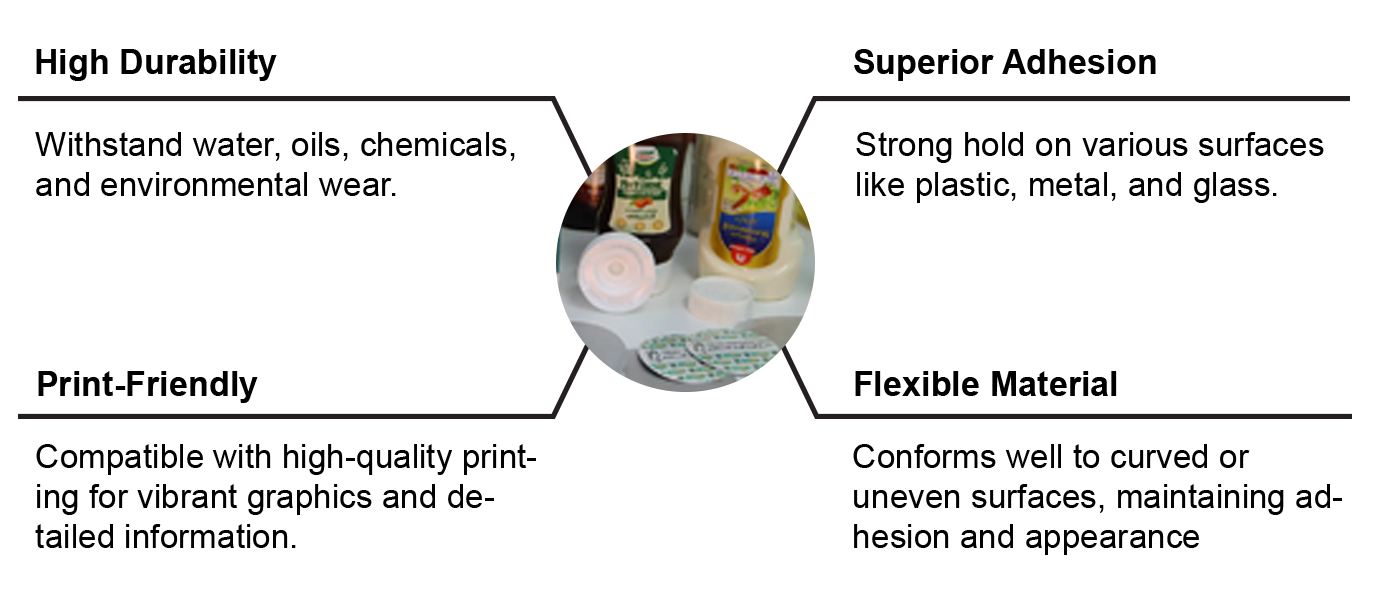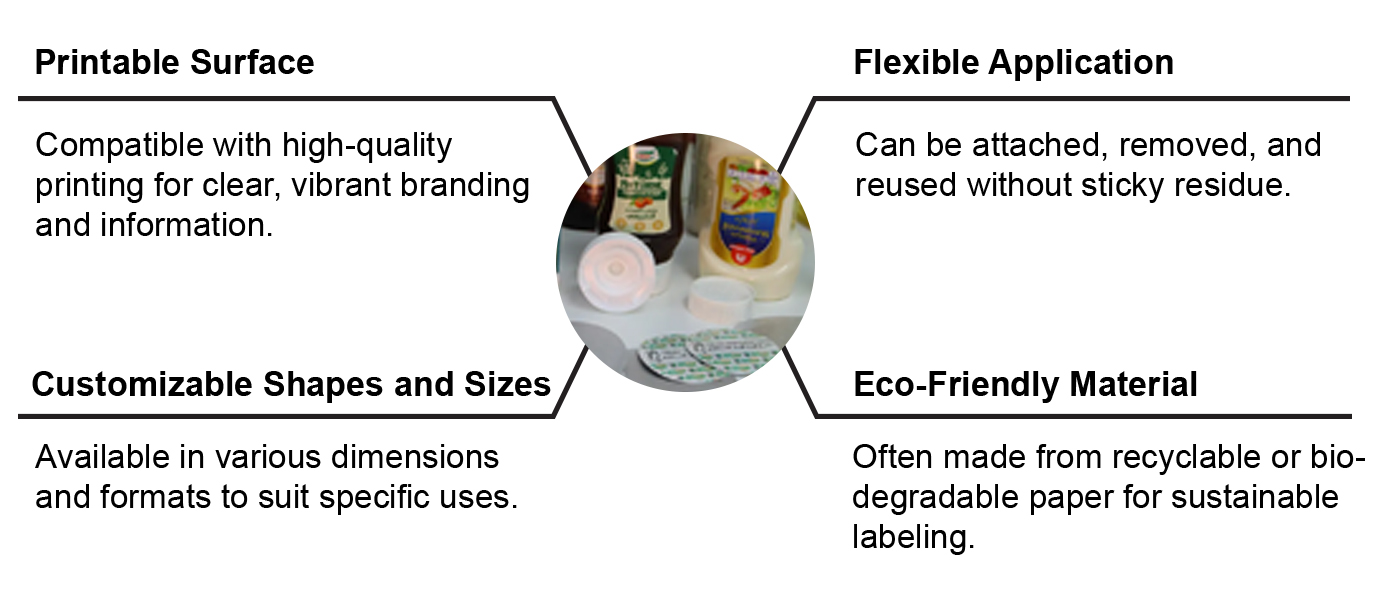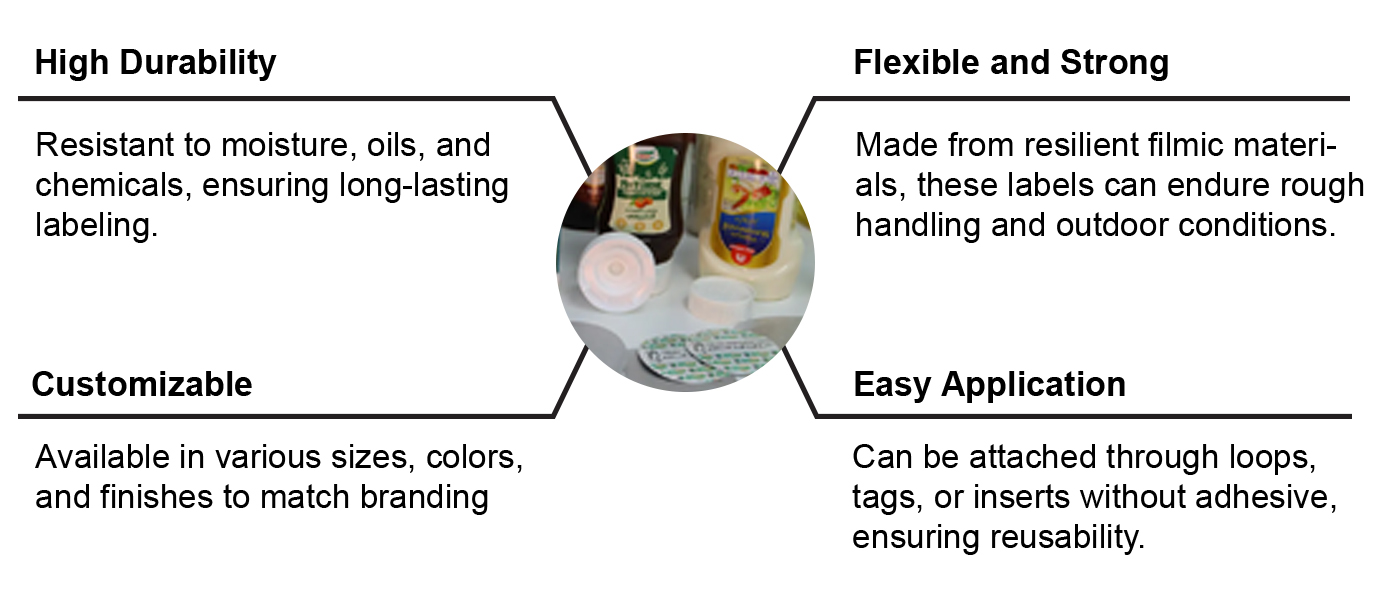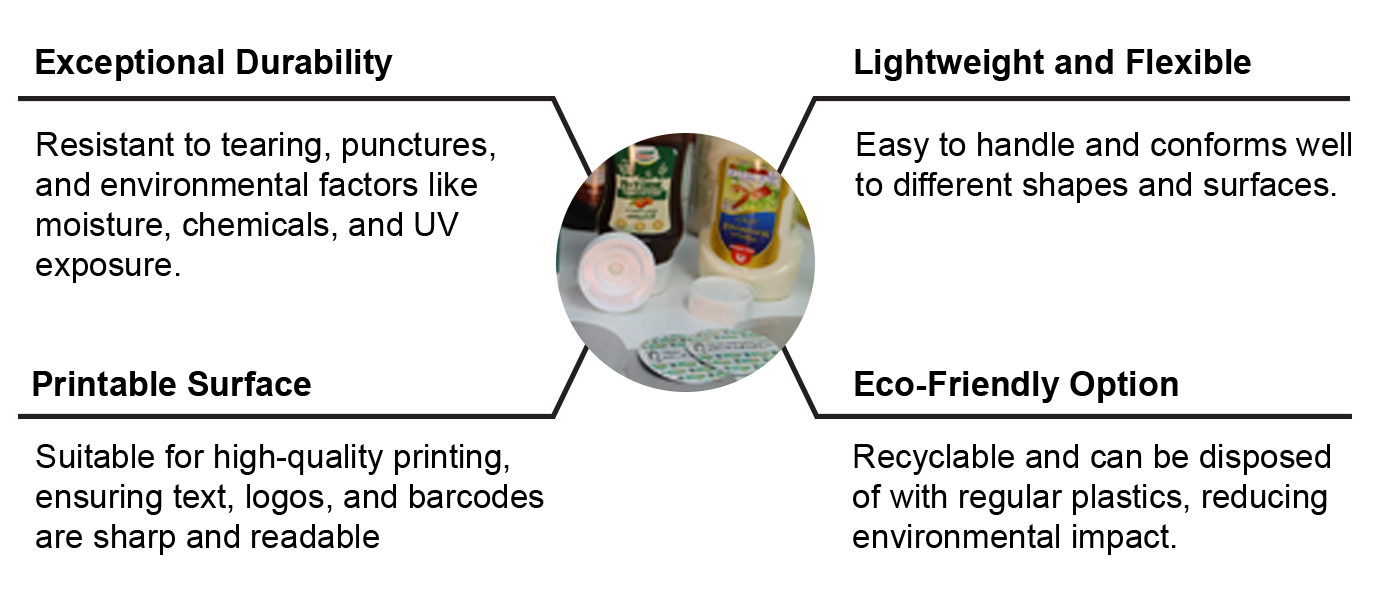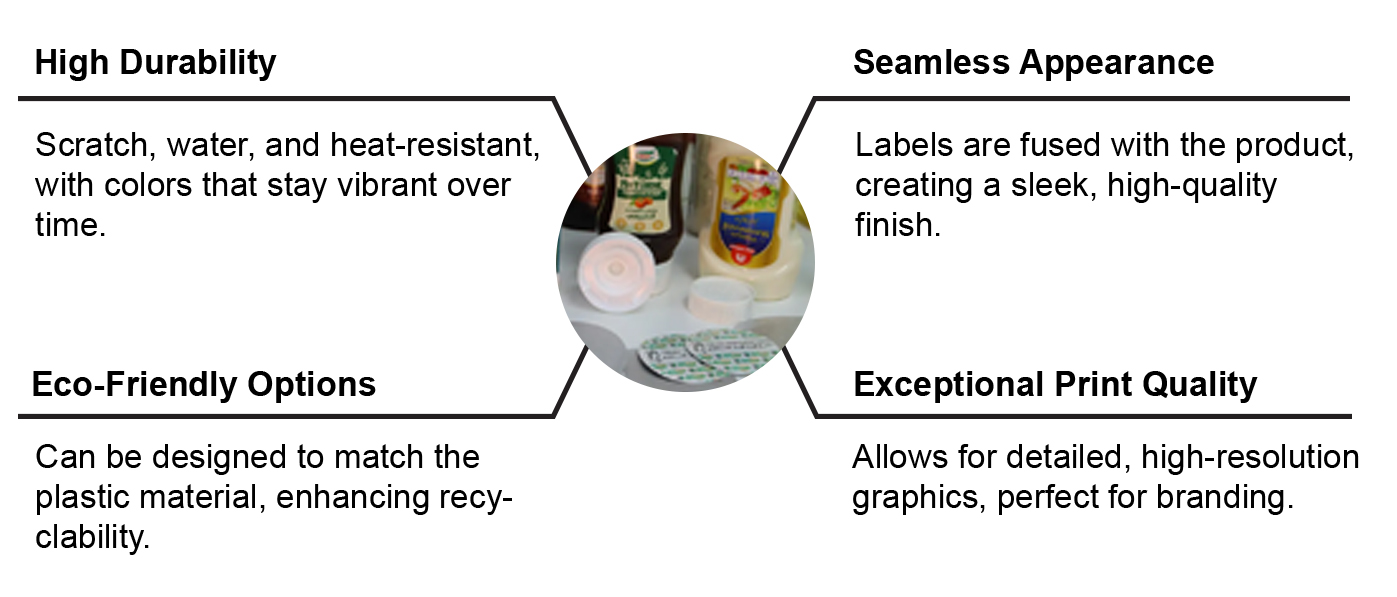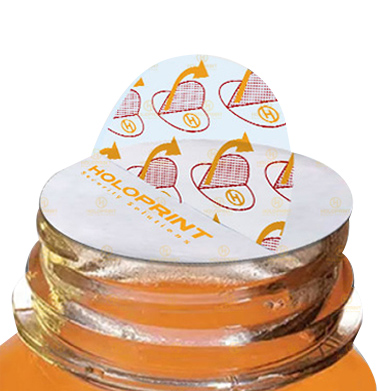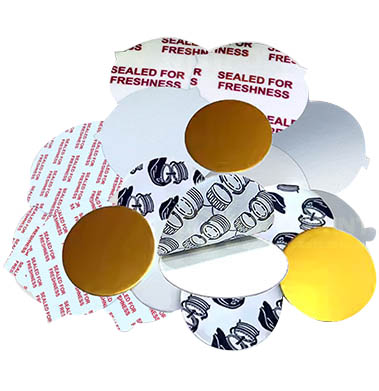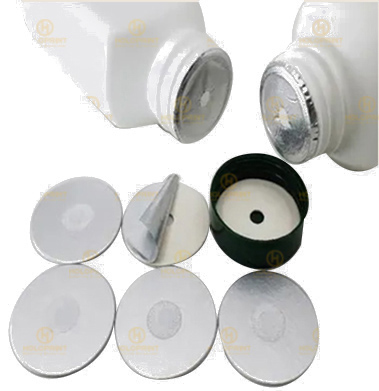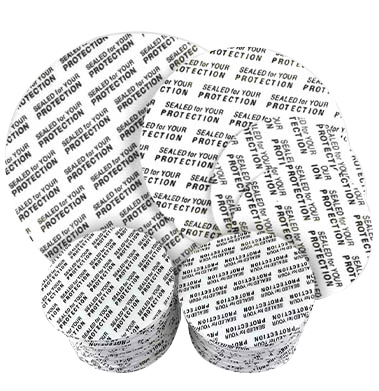HOME / Induction Seals – Wads / Agro Industries
Agro- Induction Seals
Cultivating Innovation in Agriculture
The agro industry focuses on products and services designed to support agricultural practices, ensure food security, and improve overall crop productivity. This diverse sector incorporates technology, innovation, and sustainability practices to meet the growing global demand for food and agricultural goods.
-
 Industry Scope and Segments
Industry Scope and Segments
The agro industry spans a wide range of activities, including crop production, livestock management, agri-input manufacturing, and post-harvest processing. -
 Market Trends and Innovations
Market Trends and Innovations
Consumer demand for sustainable agricultural practices is driving the development of bio-based fertilizers, precision farming tools, and climate-resilient seeds.
-
 Target Demographics and Farmer Needs
Target Demographics and Farmer Needs
The agro industry caters to a wide spectrum of users, from large commercial farms to subsistence farmers in developing regions. -
 Challenges in the Industry
Challenges in the Industry
The agro industry faces significant challenges, including fluctuating weather conditions due to climate change, limited access to modern technology in rural areas, and rising input costs.
-
 Impact of Technology
Impact of Technology
Technological advancements such as artificial intelligence (AI), blockchain, and remote sensing are revolutionizing agriculture by improving decision-making. -
 Economic and Environmental Contributions
Economic and Environmental Contributions
The agro industry significantly contributes to global economies by creating jobs in farming, agri-tech, and food processing sectors.
Technical document
Contact Sales Persons


Product Serialization
Every product is assigned a unique code for traceability. This allows stakeholders to track the movement of individual items from production to distribution.
Secure Packaging with Holoprint
Holoprint labels ensure tamper-proof packaging, adding a visual and functional layer of security. These holograms make counterfeiting nearly impossible.
Real-Time Data Integration
Track and trace systems collect and share real-time data across the supply chain. This improves transparency and helps identify and address potential bottlenecks.
Authentication for Agro-Inputs
Holoprint ensures that seeds, fertilizers, and pesticides are genuine. This protects farmers from low-quality or fake products that harm yields.
Farm-to-Consumer Traceability
Track and trace technology enables complete traceability from the farm to the end consumer. This enhances accountability and builds trust in product quality.
Regulatory Compliance Support
These systems help agro industries meet domestic and international regulations. Proper documentation simplifies audits and inspections for food safety and quality standards.
Consumer Interaction
Consumers can scan QR codes or holographic labels to access detailed product information, including its origin, quality certifications, and processing methods.
Sustainability Insights
Track and trace systems help monitor sustainable agricultural practices by providing data on sourcing and production. This encourages eco-friendly practices in the agro sector.
ADVANTAGES OF AGRO INDUSTRIES

Food Security and Global Supply
The agro industry plays a critical role in ensuring a stable supply of food for a growing global population. It helps address food scarcity issues by improving agricultural productivity and promoting efficient farming practices, ensuring that nations remain self-sufficient and resilient in the face of challenges like climate change and population growth.

Economic Contribution
Agriculture is a backbone of many economies, providing employment to millions worldwide, especially in developing countries. The agro industry stimulates rural development, supports ancillary sectors like transportation and logistics, and contributes significantly to GDP in both emerging and developed markets.

Technological Advancements
The industry drives innovation by introducing modern farming technologies such as AI, robotics, and precision agriculture tools. These advancements enhance efficiency, reduce labor dependency, and enable farmers to achieve better yields while conserving resources like water and energy.

Environmental Benefits Through Sustainable Practices
Sustainable farming methods, including crop rotation, organic farming, and soil conservation, contribute to long-term environmental health. Agro-industry initiatives also reduce greenhouse gas emissions and promote biodiversity, aligning agricultural practices with global sustainability goals.

Diversification of Products and Markets
The agro industry provides a vast array of products, including raw crops, processed food items, biofuels, and industrial materials like fibers and oils. This diversification supports export opportunities and opens up global markets, benefiting both small-scale farmers and large agribusiness corporations.

Resilience Against Global Challenges
By investing in advanced agricultural methods and infrastructure, the agro industry bolsters resilience against global challenges like climate change and food shortages. Early-warning systems for droughts and pest outbreaks, along with climate-resistant crop varieties, enhance the industry’s ability to adapt and thrive in adverse conditions.
Holograms are three-dimensional images created through the interference of laser light to produce a visually striking and often interactive effect. While holograms are most commonly associated with artistic and decorative applications, they can also be used in information technology (IT) solutions in various ways
RFID Technology
Radio Frequency Identification (RFID) tags can be embedded in products, allowing for real-time tracking and verification of the product’s authenticity.
Holograms are three-dimensional images created through the interference of laser light to produce a visually striking and often interactive effect. While holograms are most commonly associated with artistic and decorative applications, they can also be used in information technology (IT) solutions in various ways
RFID Technology
Radio Frequency Identification (RFID) tags can be embedded in products, allowing for real-time tracking and verification of the product’s authenticity.
Holograms are three-dimensional images created through the interference of laser light to produce a visually striking and often interactive effect. While holograms are most commonly associated with artistic and decorative applications, they can also be used in information technology (IT) solutions in various ways
RFID Technology
Radio Frequency Identification (RFID) tags can be embedded in products, allowing for real-time tracking and verification of the product’s authenticity.
Holograms are three-dimensional images created through the interference of laser light to produce a visually striking and often interactive effect. While holograms are most commonly associated with artistic and decorative applications, they can also be used in information technology (IT) solutions in various ways
RFID Technology
Radio Frequency Identification (RFID) tags can be embedded in products, allowing for real-time tracking and verification of the product’s authenticity.
Holograms are three-dimensional images created through the interference of laser light to produce a visually striking and often interactive effect. While holograms are most commonly associated with artistic and decorative applications, they can also be used in information technology (IT) solutions in various ways
RFID Technology
Radio Frequency Identification (RFID) tags can be embedded in products, allowing for real-time tracking and verification of the product’s authenticity.
Holograms are three-dimensional images created through the interference of laser light to produce a visually striking and often interactive effect. While holograms are most commonly associated with artistic and decorative applications, they can also be used in information technology (IT) solutions in various ways
RFID Technology
Radio Frequency Identification (RFID) tags can be embedded in products, allowing for real-time tracking and verification of the product’s authenticity.
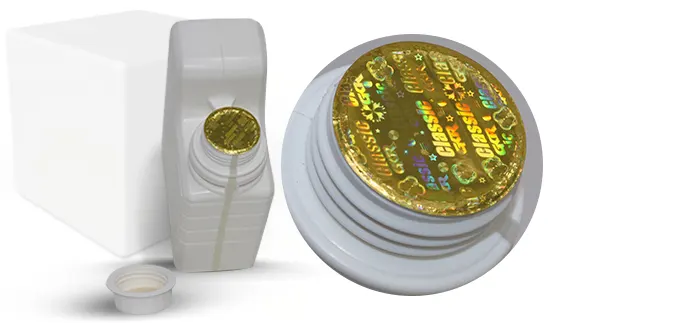
Preserving Agrochemical Integrity with Induction Sealing Wads
Induction sealing liners provide a tamper-evident, airtight seal for agrochemical containers, ensuring the contents remain pure and uncontaminated. These liners are especially critical for products like pesticides, fertilizers, and micronutrients that are sensitive to moisture, air, and external contaminants. The hermetic seal also prevents leaks during transportation and storage, reducing wastage and improving product shelf life. Farmers and distributors can trust the authenticity and safety of the product, as the induction seal serves as a first-level assurance of quality. This makes it an essential component in upholding both safety standards and brand reputation in the agrochemical industry.
Enhancing Product Safety and Compliance in Seed Packaging
Induction seals are increasingly being used in seed packaging to ensure freshness and protection against tampering or pilferage. These seals create a strong barrier that preserves the seed’s viability by shielding it from humidity, pests, and environmental exposure. The visible seal also acts as a sign of authenticity and quality assurance, reinforcing customer trust. In addition, it helps companies meet regulatory requirements for secure and hygienic agricultural product packaging. As a result, induction sealing wads are becoming a key packaging solution in the safe distribution of high-value seeds across regions.
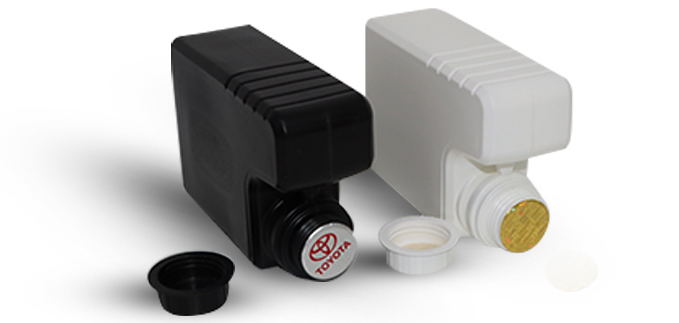
WHAT PEOPLE SAY
Find out why people love working with Pearl Business LLC
We are true to ourselves, and commit to always perform at our best.
We believe that we are outstanding. Not because we say it, but because we work hard at it. We are dedicated, committed and focused. We believe that every person will reach their personal best and overcome any challenge through a shared culture and ethos.
Frequently asked questions
Holoprint Security Solutions (Holostik group) having more that 40 years of experience in developing and providing anti-counterfeiting solution for various industries. And Holoprint is the first manufacturing plant for holographic products from the Middle East region located in Dubai, UAE.
Our clients have experienced an ROI of up to 339% on our anti-counterfeiting products.
Holoprint has end-to-end in-house capabilities for R&D, product design, manufacturing and IT development.
We invest a minimum of 5% of our annual budget on research and development.
Case Study

LABELS – B
View more
Ba industry
View more
SECURITY HOLOGRAMS – Special Features With Description
View more
HOT STAMPING FOIL (HSF)
View more
Tax stamps
View more
SHRINK SLEEVES
View more
LABELS – A
View more
WADS / INDUCTION LINERS
View more
SECURITY HOLOGRAMS & OVDS
View more


























